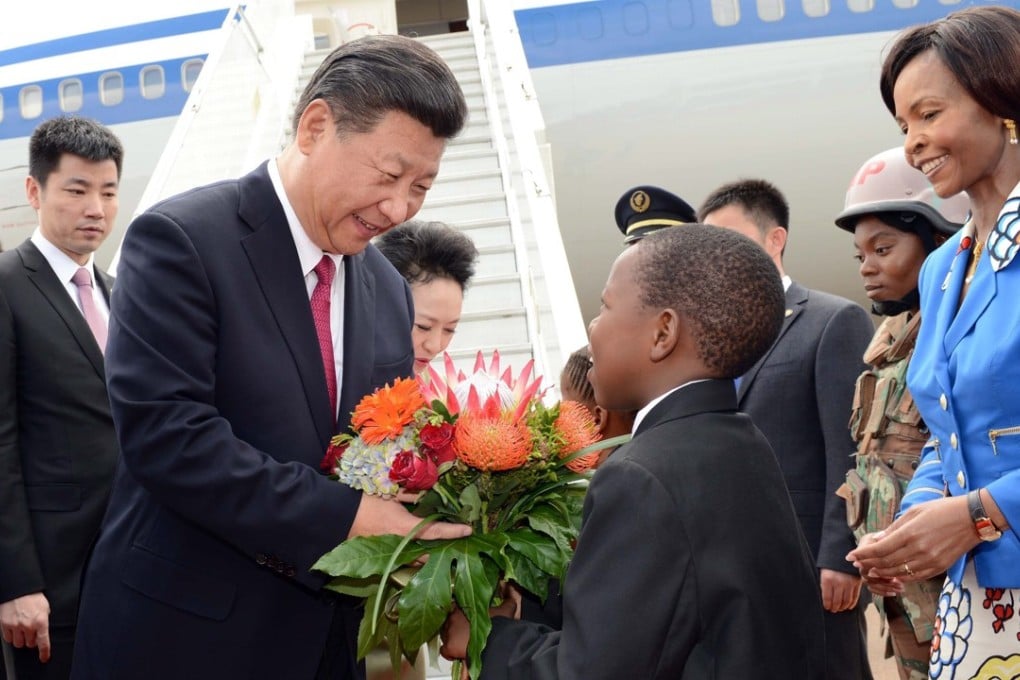Five ways China can be a friend to Africa as its footprint grows ever larger
Seifudein Adem says China has a constructive role to play in Africa in encouraging responsible government – not presidents for life – as well as in mediating its conflicts, helping in emergencies, and more

Broadly speaking, China is a friend to Africa in two scenarios: when it helps empower African peoples vis-à-vis their governments, and African states vis-à-vis the international system.
More specifically, China is a friend of Africa when its aid promotes not only economic development but also accountable governments in Africa. We know China does not champion liberal democracy, but it could openly shun the for-life presidents in Africa, like Robert Mugabe of Zimbabwe, who stay in office until they are forcefully retired. If the rotation of leaders after a specific period is a good thing for China, it should also be a good thing for Africa, and African governments that enjoy the legitimacy of their peoples are ultimately good for China.
‘The first couple’s conduct was the last straw’: how Robert Mugabe’s steadfast supporters decided his time was up
China is a friend of Africa when it is more responsive to Africa’s humanitarian needs in case of emergency.
Fake coastguards, guns and greed: inside Libya’s secret, shameful, slave trade
